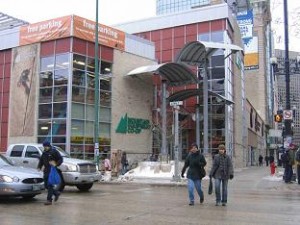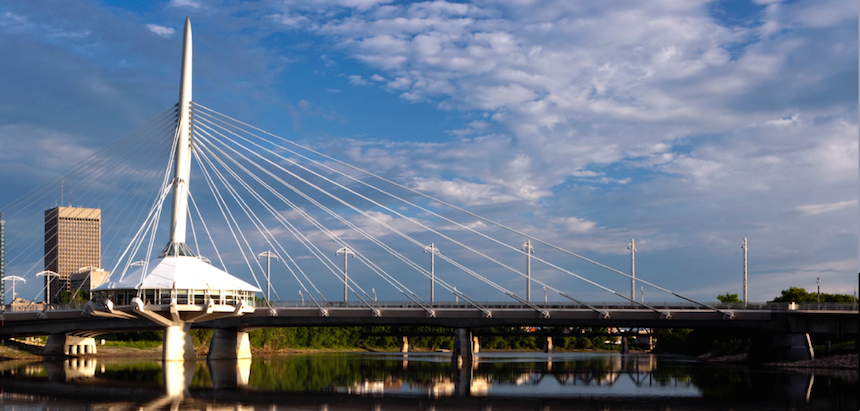
MEC building: first LEED certified building in Manitoba
On this page, we will briefly introduce the following “green building” construction standards and programs available and show you where to go for more information:
- R-2000
- LEED
- EnerGuide for New Houses
Click a link in the list above to jump to that topic on this page.
If you’re serious about cutting greenhouse gases from buildings, there are a number of programs operating in Manitoba to rate the energy efficiency and environmental impact of buildings.
R-2000
Canada’s R-2000 voluntary certification program sets out technical requirements for new home performance in energy efficiency and environmental responsibility that go far beyond building codes. The program was created in 1981 by Natural Resources Canada. In Manitoba, Manitoba Hydro delivers the R-2000 program.
To be eligible for R-2000 certification, homes must meet technical requirements in three areas:
- Energy performance
- Indoor air quality
- Environmental responsibility
R-2000 requirements focus on house performance without specifying exactly how the house must be built. R-2000 licensed builders must be used.
In Manitoba, R-2000 homes usually cost 3 to 6 percent more than conventional homes to build, with energy savings reaching 20-30 percent. Manitoba Hydro helps with some costs with its Manitoba R-2000 Home Program.
LEED
LEED provides standards for environmentally sustainable construction. Originally developed in the US, the Canada Green Building Council (CaGBC) has adapted the rating system for Canadian climates, construction practices and regulations.
LEED Canada (Leadership in Energy and Environmental Design) is applicable for both new construction and major renovations. Points are earned for building attributes considered environmentally beneficial in these categories:
- Sustainable sites
- Water efficiency
- Energy and atmosphere
- Materials and resources
- Indoor environmental quality
- Innovation and design process
LEED can either be used simply as a guide to designing your home or building or you can receive independent review and LEED certification for the design. There is an ever-growing list of LEED buildings registered in Manitoba. Some notable buildings are
- Manitoba Hydro’s downtown office building
- Mountain Equipment Coop building (which is also the home for Manitoba Eco Network and Climate Change Connection)
EnerGuide for New Houses
The EnerGuide for New Houses service provides expert advice on energy efficiency before you build a new house, and verifies the energy upgrades after construction.
The program is run by Natural Resources Canada’s Office of Energy Efficiency.
The process begins with analysis of your new house plans by an EnerGuide for New Houses energy advisor. The advisor will make suggestions about how to make improvements in these areas:
- Air leaks and sealing
- Heat loss
- Energy-efficiency of building components
- Passive solar power
- Heating system efficiency and distribution
- Air exchange system
The advisor will work with the builder to list upgrade options, which will then be priced by the builder for you to decide upon. Once construction is completed, the energy advisor will verify the energy upgrades and award the house an EnerGuide for New Houses rating.




